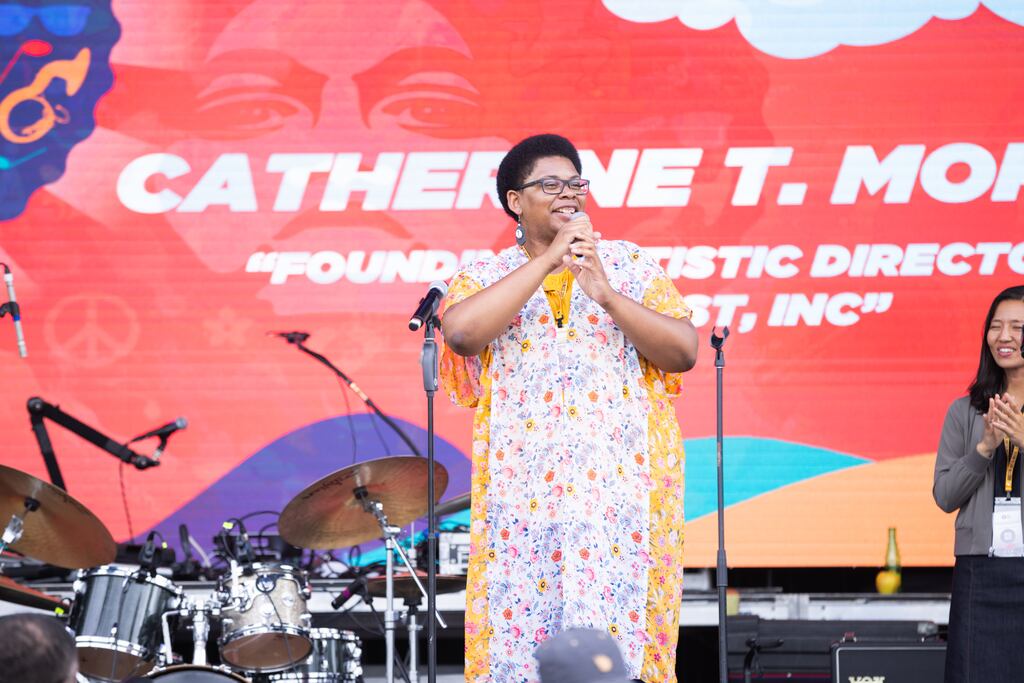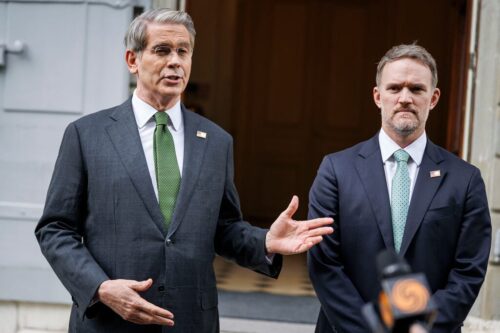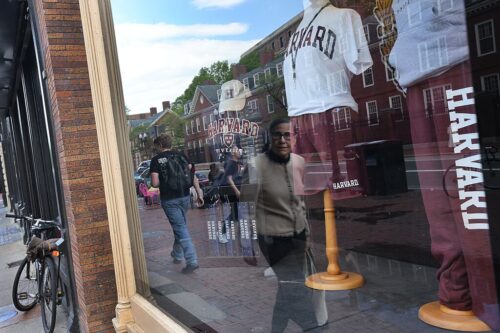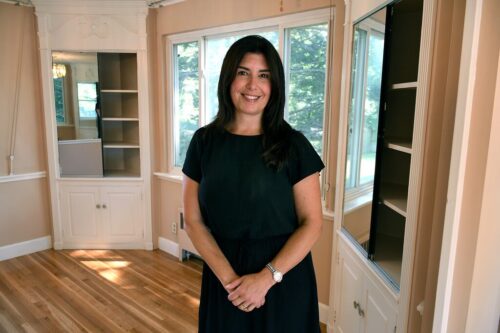Is bringing the Michelin Guide to Boston misguided? Or an opportunity too good to be missed?
That’s the question I’ve been wrestling with since Meet Boston — the region’s tourism marketing bureau — announced on Monday that it will pay to have the prestigious guide secretly evaluate local restaurants and determine if they are worthy of a coveted “Michelin” star.
How much does this cost? Neither Meet Boston nor Michelin will say, but a person briefed on the matter indicated that the three-year partnership costs just over $1 million.
The guide, started in 1900 by a French tire company to inspire more road trips, is a sign that your city’s culinary scene has arrived — worthy of mention in the same breath as restaurants in New York, Paris, and London. Some cities don’t need to pay for Michelin to show up; others like Boston and Atlanta do so to defray the costs of establishing the guide through marketing campaigns.
The reason Meet Boston can even do this is because the not-for-profit organization has a gusher of money flowing from a three-year-old surcharge on hotel rooms in Boston and Cambridge that generates tens of millions of dollars a year to boost tourism.
So what’s the best way to spend that money?
Some would like the agency to invest more in homegrown grassroots festivals and programming to develop the next wave of signature events that draw visitors from all over New England and beyond. Think the next generation of the Boston Pops Fireworks Spectacular, Boston Calling, and First Night.
Meet Boston does dole out money to community-oriented events, but the disparity of those investments can be huge.
Established events can receive $100,000 or more from Meet Boston, while programs like the Roxbury International Film Festival, Boston Art & Music Soul Festival, or Caribbean-style food festival JerkFest have in years past received a fraction of that amount ranging from $10,000 and $25,000 each, according to data obtained by the Globe. Taken together, it gives the impression that Meet Boston is more interested in downtown and fancy restaurants than helping far-flung neighborhoods get the tourism dollars they need.
This year, Catherine T. Morris, founder and executive artistic director of BAMS Fest, decided to go big. She asked Meet Boston for a $450,000 grant to help grow her Franklin Park festival into an organization that offers Black arts and culture programming year-round.

Morris was inspired by Philadelphia’s Odunde Festival, an annual African American street festival that attracts as many as 500,000 visitors. With BAMS Fest drawing tens of thousands of attendees over the years, Morris felt like it was the right time to take things to the next level.
Weeks after the Globe began asking questions about Meet Boston‘s funding formula, Morris learned she would be receiving $100,000. It’s not $450,000, but she considers it a good start.
“I initially was like, yes!” Morris said. “So the investment is growing, but I also had mixed emotions regarding what more [money] could do.”
Meet Boston‘s budget has ballooned since 2022, thanks to a special assessment the Legislature allowed many Boston and Cambridge hotels to charge on overnight stays. The money goes to promote tourism, and last year about $35 million was collected, according to state revenue data.
That’s a huge step up. Before the new levy, Meet Boston — formerly known as the Greater Boston Convention & Visitors Bureau — used to receive just over $2 million in local hotel taxes.
The money has enabled Meet Boston to more than double the size of its staff to about 65 people, spend more on marketing, launch a grant-making programming that gives out roughly $4 million a year, and bankroll initiatives like bringing the Michelin Guide to Boston.
But the fact that Meet Boston has money to give out isn’t widely known. Some organizations, like the Boston Asian American Film Festival, only learned recently about the grants, via word of mouth.
“I had no idea,” said Susan Chinsen, who works at ArtsEmerson and founded the festival in 2008. The process, she added, felt a “little exclusive.”
Now that she knows the grants exist, Chinsen plans to seek $50,000. That money would allow her to fly in more filmmakers and actors to promote their films at the festival, which draws a few thousand attendees every fall. She thinks more out-of-state visitors would come if she could partner with hotels to offer weekend packages.
Even on a shoestring budget, Chinsen has been able to get Hollywood talent to come to Boston, including George Takei, of Star Trek fame, and Oscar-winning director Ang Lee (”Brokeback Mountain” and “Life of Pi”).
Carole Copeland Thomas, a longtime Meet Boston board member who chairs the Multicultural Committee, acknowledged the organization can do a better job with outreach. Over the past two years, Meet Boston has spent nearly $11 million supporting events, and of that, about 25 percent has gone toward multicultural events.
“Clearly, there are new opportunities to let more groups in our city know who we are,” Copeland Thomas said. “Like any dynamic organization, Meet Boston always strives to represent the full potential of our destination by engaging with diverse communities, events, and organizations that help to drive the travel economy.”
Typically, money from the special tourism tax district is supposed to go toward large-scale events that drive overnight stays, especially during periods when there aren’t a lot of tourists, like wintertime. Community events don’t tend to generate hotel nights.
I get why hotels and Meet Boston — its board is stacked with hotel executives — favor visitors who can stay the weekend here, but there’s an inherent bias in that strategy, one that gravitates toward established events.
Meet Boston has the power to change that dynamic, and it has sometimes done so, putting six-figure resources into Embrace Ideas Festival and Boston While Black Family Reunion — relatively new gatherings celebrating Black Boston and culture. These should serve as models of how innovative homegrown programming can get the funding needed to become tourist and visitor destinations.
Perhaps now more than ever these multicultural gatherings — many of them rooted in neighborhoods of color celebrating the city’s diversity — need substantial support at a time when other sources are drying up.
Another framework to consider is how the Boston Cultural Council revamped its grant making: the smaller the arts organization, the larger the grant. The change aims to address systemic inequities; small- to mid-sized arts organizations make up most of Boston arts sector but have historically received a disproportionate amount of funding compared with bigger institutions.
Vincent Alban For The Boston Globe
When I talked to Meet Boston chief executive Martha Sheridan about the bureau’s grants, she said the strategy is evolving.
“We don’t have unlimited funds,” Sheridan said. “We are going to have to really figure out a way to get more bang for the buck if you will, and make sure that we can spread the wealth enough but not so much that our investments aren’t meaningful. It‘s a balancing act.”
Meet Boston is betting big on the Michelin Guide shining a spotlight on the region’s restaurants. Yet the whole thing can feel like a “pay-to-play system,” as Globe restaurant critic Devra First put it. And when it comes to who will reap the benefits of the investment, it feels like the more things change the more they stay the same.
“Will those Michelin chasers be going to the small mom & pop ethnic, up-and-coming or tried-and-true spots? Probably not,” wrote Jacqueline Church, owner of Boston Chinatown Tours, on Instagram. “Maybe Michelin will respond to these conversations and broaden their criteria to expand a pretty Eurocentric (some might say tired) focus.”
As federal and corporate funding grows scarce, Meet Boston can meet the moment to help more local events grow and spread tourism dollars into more neighborhoods of Boston. Not doing so is a lost opportunity.
Which Boston restaurants will get Michelin stars?A mix of opinions from chefs as the Michelin Guide confirms it’s coming to Boston The Michelin Guide is a game changer for Boston A Michelin Guide in Boston? Star chefs weigh in.




Comment count: